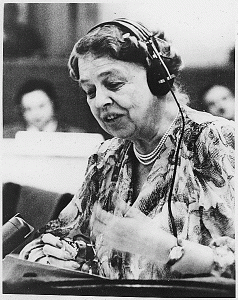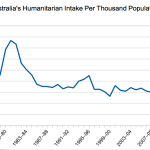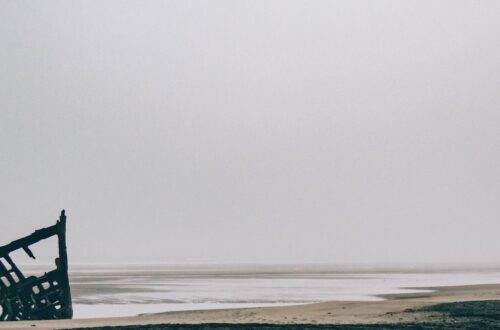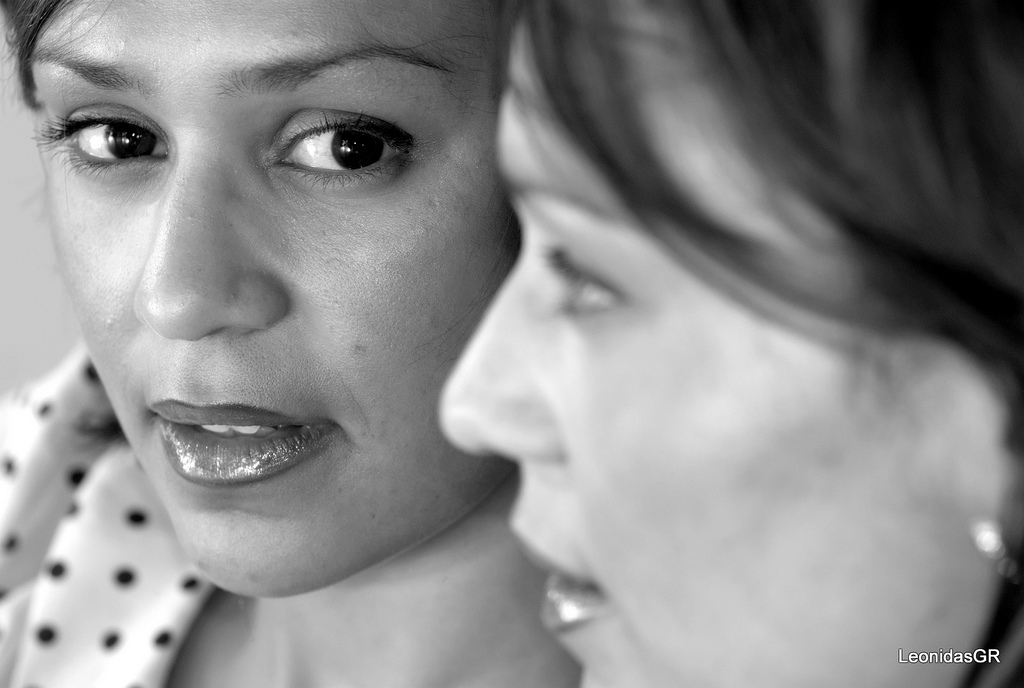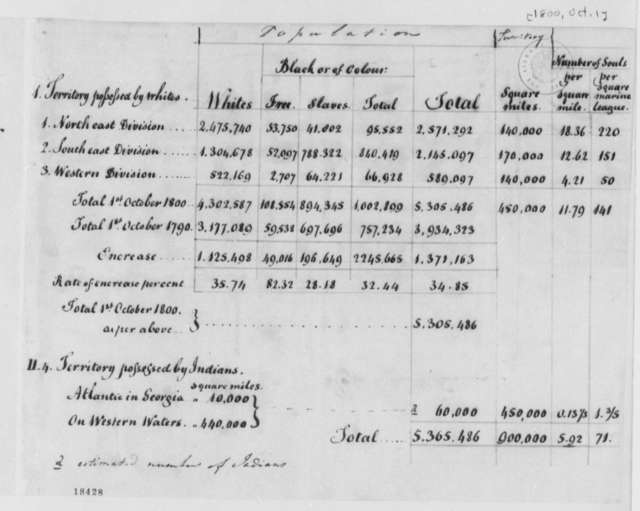The Berlin Wall and Barack Obama
In recent days Germans and those affected by the Cold War are celebrating the 20th anniversary of the fall of the Berlin Wall. It is an anniversary worth celebrating. A chasm between the politics of the west and the communist world dissolved and people that had been kept apart for 40 years were suddenly able to come together. The process has not always been easy and far from perfect, particularly in respect of poverty. Nonetheless walls came down: literally and metaphorically.
The White House press release on 6 November leading up to the event says little beyond congratulations:
On the occasion of the 20th Anniversary of the fall of the Berlin Wall, President Barack Obama extends his congratulations to the people of Germany – and the people of Europe. On November 9, 1989, Germans from both sides of the wall joined together, moving freely between East and West – something that had been denied them for over a generation. This year, we commemorate and recognize their decision, and the decisions of the peoples of Central and Eastern Europe in 1989 to choose freedom over oppression, liberty over captivity, and hope over despair.
Some sites suggest current political events shaped Barack Obama’s decision not to attend the current celebration.

As a citizen of America and citizen of the world (as he described himself) Barack Obama, did visit Berlin. He had interesting things to say about the fall of the Berlin Wall when he addressed citizens of Berlin while there. He spoke of his own background as the child of immigrants, his family links with Kenya, his fathers struggle for a better life. This struggle he linked directly with the “dream of freedom”.
That is why the greatest danger of all is to allow new walls to divide us from one another. The walls between old allies on either side of the Atlantic cannot stand. The walls between the countries with the most and those with the least cannot stand. The walls between races and tribes; natives and immigrants; Christian and Muslim and Jew cannot stand. These now are the walls we must tear down.
We know they have fallen before. After centuries of strife, the people of Europe have formed a Union of promise and prosperity. Here, at the base of a column built to mark victory in war, we meet in the center of a Europe at peace. Not only have walls come down in Berlin, but they have come down in Belfast, where Protestant and Catholic found a way to live together; in the Balkans, where our Atlantic alliance ended wars and brought savage war criminals to justice; and in South Africa, where the struggle of a courageous people defeated apartheid.
So history reminds us that walls can be torn down. But the task is never easy.
…
And this is the moment when we must give hope to those left behind in a globalized world. We must remember that the Cold War born in this city was not a battle for land or treasure. Sixty years ago, the planes that flew over Berlin did not drop bombs; instead they delivered food, and coal, and candy to grateful children. And in that show of solidarity, those pilots won more than a military victory. They won hearts and minds; love and loyalty and trust – not just from the people in this city, but from all those who heard the story of what they did here.
Now the world will watch and remember what we do here – what we do with this moment. Will we extend our hand to the people in the forgotten corners of this world who yearn for lives marked by dignity and opportunity; by security and justice? Will we lift the child in Bangladesh from poverty, shelter the refugee in Chad, and banish the scourge of AIDS in our time?
Will we stand for the human rights of the dissident in Burma, the blogger in Iran, or the voter in Zimbabwe? Will we give meaning to the words “never again” in Darfur?
Will we acknowledge that there is no more powerful example than the one each of our nations projects to the world? Will we reject torture and stand for the rule of law? Will we welcome immigrants from different lands, and shun discrimination against those who don’t look like us or worship like we do, and keep the promise of equality and opportunity for all of our people?
People of Berlin – people of the world – this is our moment. This is our time.
These themes are concerned with seeing the world in a new way. Seeing the walls that still divide the world and finding the courage and love for our fellow human beings to begin the long task of bringing them down. Some 200 people died trying to cross the Berlin Wall. On recent figures 13250 have died seeking to cross the “walls” surrounding Fortress Europe.

